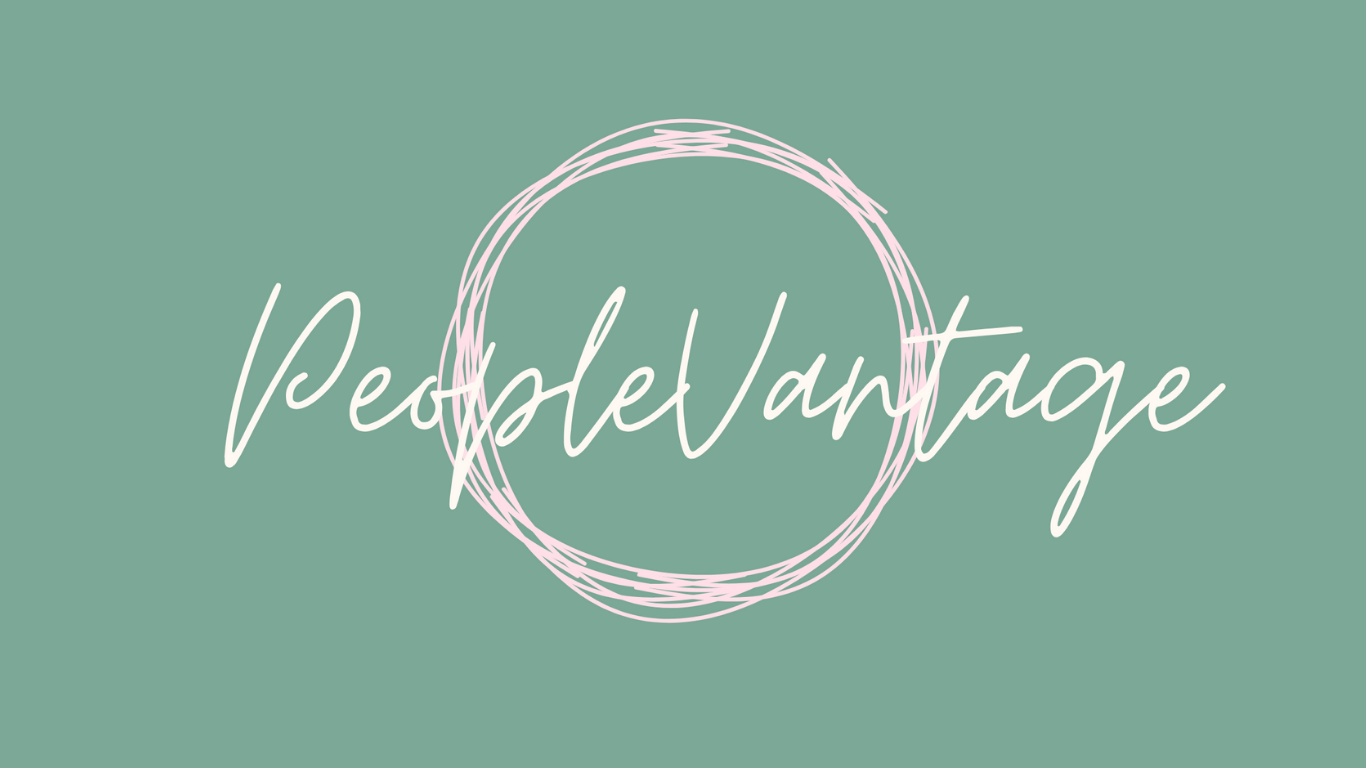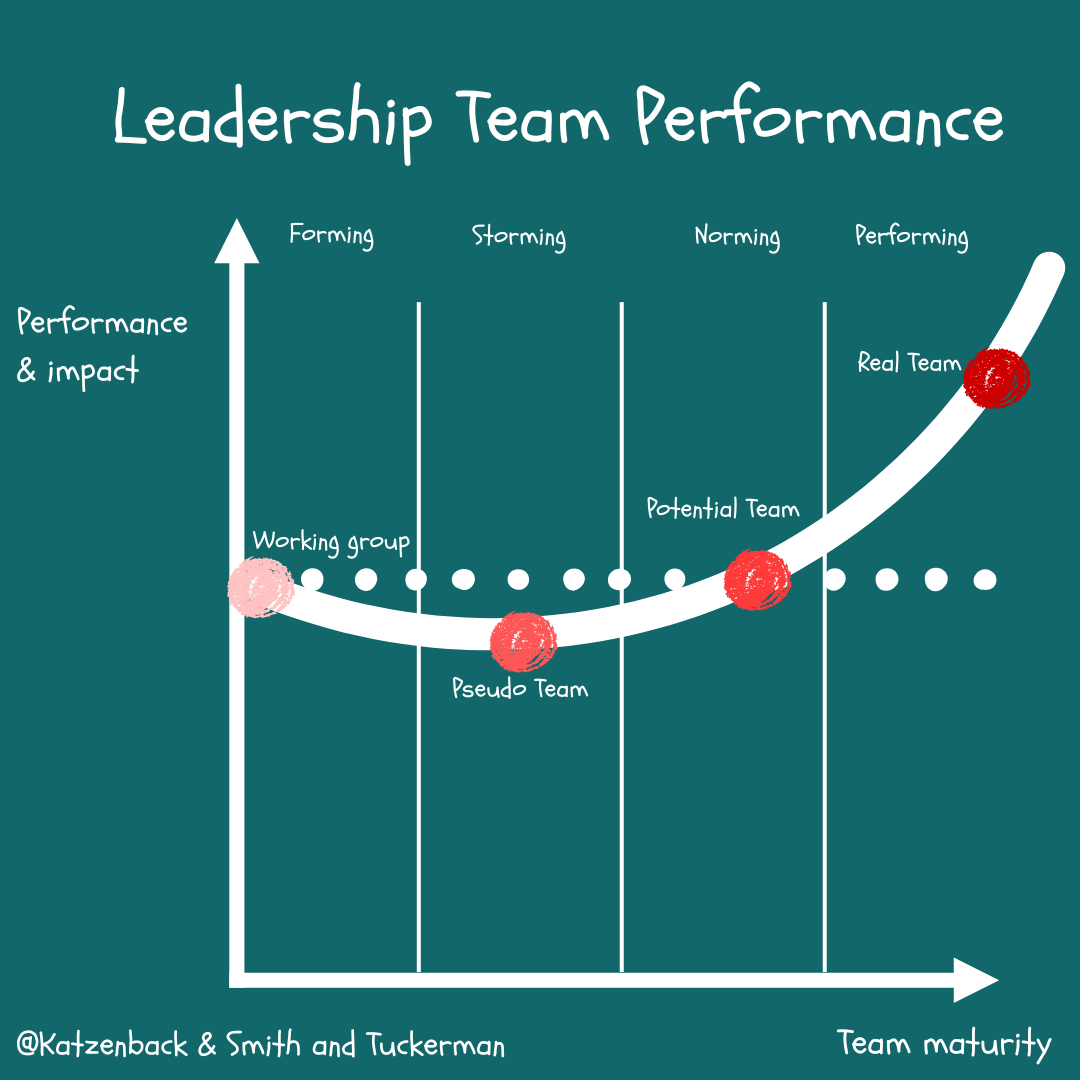What makes or breaks scale-up leadership teams
Most scale-up leadership teams are a mash-up of three archetypes:
🔹Early loyalists: been there from the start, now scaling for the first time, deeply invested in the business.
🔹 Corporate transplants: hired for expertise and leadership maturity, they know what excellence looks like.
🔹 Scale-up veterans: bring scaling know-how from having lived through pivots, downturns, and “near-death” moments.
Each archetype brings enormous value. Together, they can form a powerhouse, but only if they work as a cohesive team. Being in a scale-up leadership team is like spinning a dozen hot plates simultaneously: growing teams, managing investors or shareholders, hitting ambitious targets, making fast decisions with imperfect information, and managing your own energy under pressure.
From what I have seen, success hinges on five things:
1️⃣ Founders and co-founders must be deliberate about the team they build
What got you here will not get you there. Consider carefully the mix of loyalists, corporate hires, and scale-up veterans you need, and how their strengths complement yours. Bring in leaders whose skills differ from yours and embrace the value they add. Great leadership is knowing what you bring to the table and what others need to bring to succeed.
2️⃣ Leaders must show adaptability and humility
All archetypes need to embrace others’ perspectives and leverage diverse strengths. Founders must transition from solo or double acts to orchestrating the team, letting go of control, encouraging open debate, and defining clear priorities and decision rights.
3️⃣ Invest in leadership team health
Forming a leadership team is just the start. The real challenge is evolving it from a working group to a high-performing team (Katzenbach & Smith). Diverse teams bring insight and friction—the journey through forming, storming, norming, performing is rarely linear (Tuckman). Founders must signal confidence and clarity, making collaboration non-negotiable. Offsites, team-building, and honest conversations build the trust that turns coordination into performance.
4️⃣ Balance learning with performance orientation
Scale-ups must hit ambitious targets while innovating and exploring new markets. Leadership teams need to align on when to prioritise performance versus learning, creating psychological safety while holding people accountable.
5️⃣ Bring structure without rigidity
Define how you operate, make decisions, and review strategy. Healthy processes provide clarity, enable faster decision-making, and ensure everyone’s voice is heard to leverage diverse perspectives.
When each archetype leans into their strengths and the team continuously reflects on both individual and collective effectiveness, you can create the powerhouse your scale-up needs to thrive.

